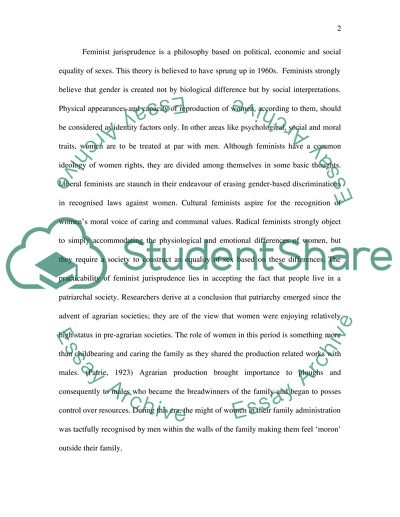Cite this document
(“Jurisprudence (Ethics and Morality) Essay Example | Topics and Well Written Essays - 2000 words”, n.d.)
Retrieved from https://studentshare.org/law/1512447-jurisprudence-ethics-and-morality
Retrieved from https://studentshare.org/law/1512447-jurisprudence-ethics-and-morality
(Jurisprudence (Ethics and Morality) Essay Example | Topics and Well Written Essays - 2000 Words)
https://studentshare.org/law/1512447-jurisprudence-ethics-and-morality.
https://studentshare.org/law/1512447-jurisprudence-ethics-and-morality.
“Jurisprudence (Ethics and Morality) Essay Example | Topics and Well Written Essays - 2000 Words”, n.d. https://studentshare.org/law/1512447-jurisprudence-ethics-and-morality.


